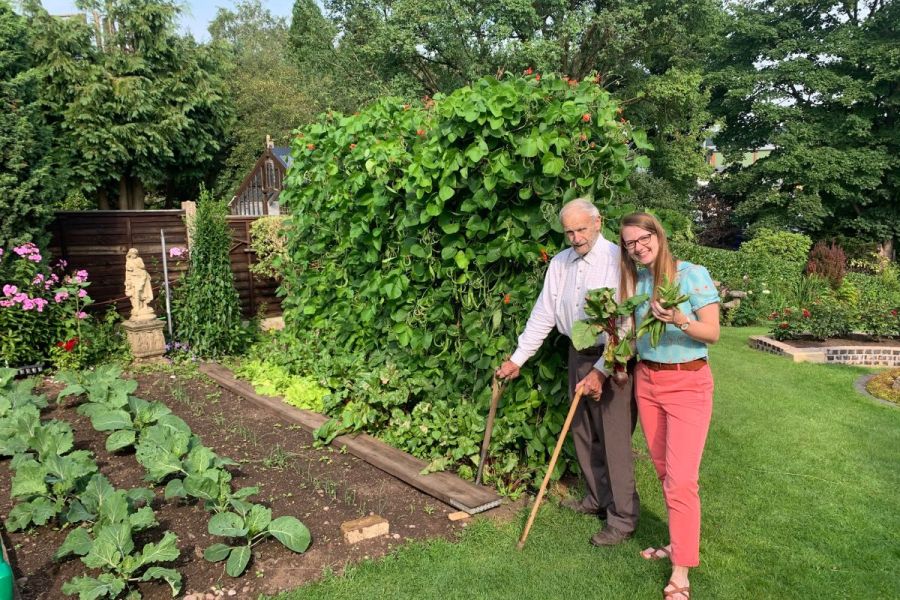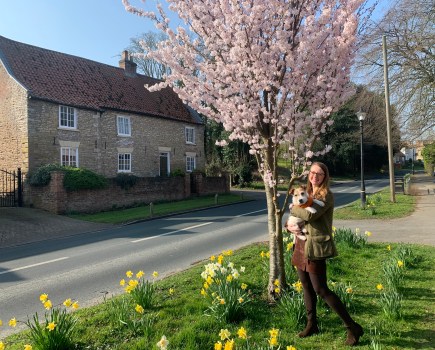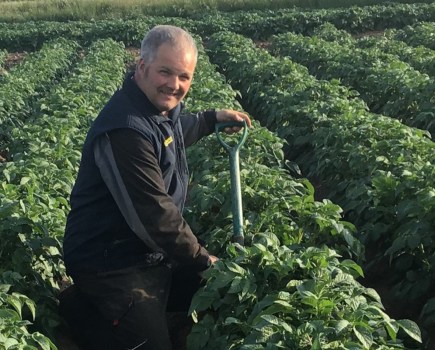By Janine Adamson
In my opinion, it’s all too easy to claim that you have no regrets – that the decisions you’ve made along the way have all contributed to the person you’ve become today. And while in some instances this may indeed be true, I believe with a little scrutiny, we can all identify points in our lives where we could have done things differently.
It takes a considerable amount of self-confidence (and perhaps ego?) to explicitly state the ‘no regrets’ line, mainly because our actions don’t only impact ourselves but they affect others too. Perhaps that’s why I find those who loudly shout ‘no regrets’ so stomach-turningly arrogant. I guess it’s a matter of perspective.
This isn’t about chastising ourselves for making mistakes, far from it. It’s about being truly honest and recognising we have much to understand of our errors; that sometimes we have to just accept we’ve messed up. And because regret isn’t the most pleasant of emotions – it’s linked to remorse, sorrow and disappointment – I can understand why it’s easier to bury one’s head in the sand than take a moment to reflect.
I’m reasonably sure I won’t be alone in my regret having a theme. It’s rarely what I did do, it’s more regretting what I didn’t do…or say. And therein lies the crux of the matter. So much is said by saying nothing at all – with either a positive or negative outcome depending on the circumstances. Silence is golden but it can also be haunting.
I learnt this the hard way when my grandad unexpectedly passed away in his mid-70s – which is no age by today’s standards. Together with my nan, they selflessly devoted much of what should have been their retirement to help raise me. I have grandad to thank for my love of classical music, opera and good grammar!
Given my own age, I was 20 at the time and studying at university, I was too concerned with trivial matters and was a world away from the emotionally aware person you find today. As a result, one of my deepest regrets is never saying thank you for the time, patience and unconditional love he gave to me when others walked away. Perhaps he knew, but I really wish I’d bothered to convey my gratitude.
Fast forward to only last year, when my other grandad passed away having been unwell for the best part of 30 years. Simply put, I’d learnt my lesson and despite him not being the emotional sort (a typical old-school farmer), I was able to tell how much he meant to me while he was fully compos mentis.
I did this for him, but his response was for me – I desperately needed to hear his words of love which given his stiff upper lip, were unexpected. It was a very special moment which has helped to ease the torments of grief – I said what I needed to say.
Beyond mortality, we’ll all be faced with challenging or difficult moments in life where we either find our voice or don’t. Sometimes we’ll be graced with the opportunity to ponder the correct thing to do, other times it’ll require a split second decision.
It could involve a loved one or it could be a complete stranger. All I know is I don’t want to increase my tally of ‘I wish I’d said something-s’, if I can help it. Because well-being-wise, I find them quite corrosive.
In the highly volatile world we live in, I acknowledge this approach has the potential to land me in hot water. But I’d rather break the silence to stand up for what’s right than skulk away and ultimately facilitate. It reminds me of school – who’s worse – the bully or the person who stands by and lets it happen?
Equally, we have to understand the impact of our silence in positive situations too – holding back on the kind words and compliments, whether it’s deliberate or not. Saying nothing in these scenarios speaks volumes to the person involved.
But the bottom line is, I rarely think to myself, I wish I hadn’t said that. I just regret what I didn’t say, instead.
This article was taken from the latest issue of CPM. For more articles like this, subscribe here.
Sign up for Crop Production Magazine’s FREE e-newsletter here.




